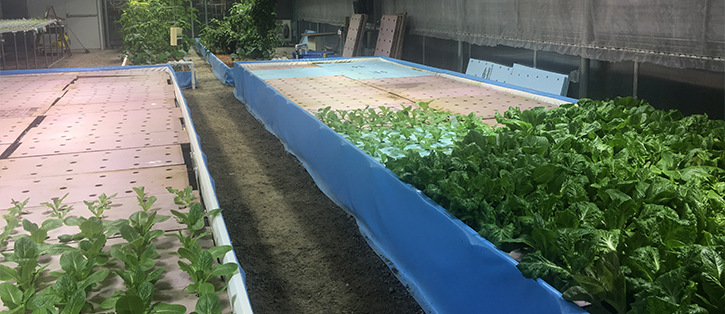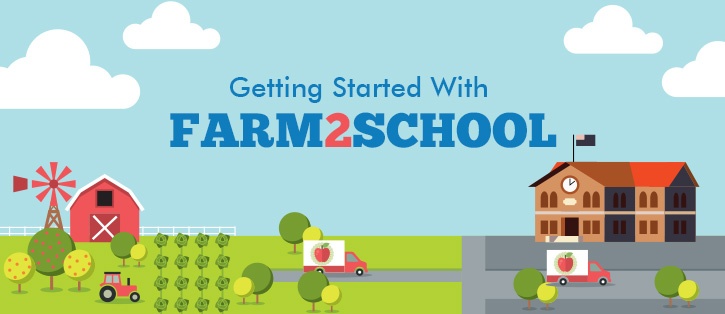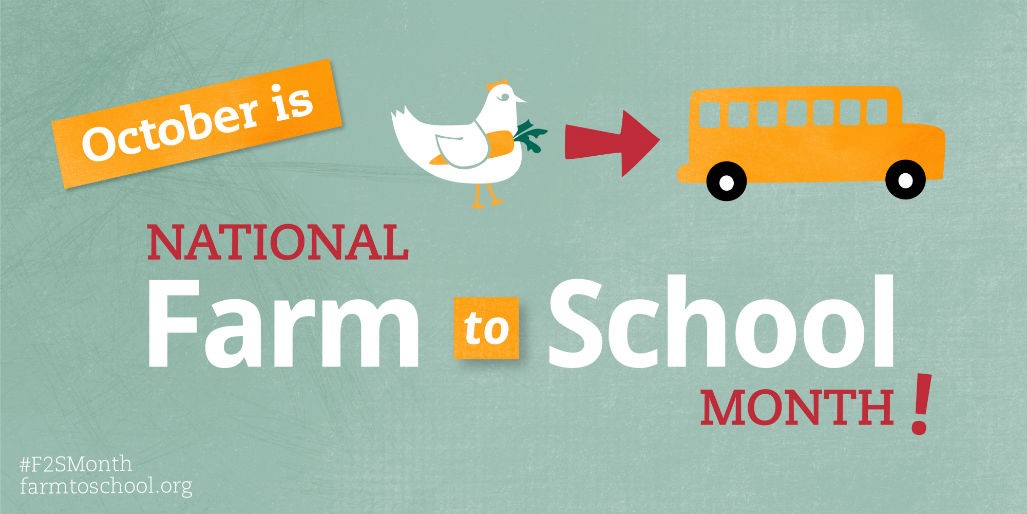Creating a school garden is a fun and engaging way to give students a hands-on learning experience. School gardens help students learn about eating healthy, growing their own food, and can have a more meaningful impact when it comes to the nutritional decisions they make. While traditional school gardens remain very popular, some districts are taking this idea to the next level with aquaponic gardens.
I'm sure no one will be shocked to hear that Farm to School has been growing in popularity over the last few years. So much so, that a recent national Farm to School Census conducted by the USDA, showed that roughly 42% of all districts surveyed participate in farm to school activities.
These programs include serving local foods in school meals, holding taste tests and food demonstrations showcasing local foods, and planning student field trips to farms or orchards. Another 16% of school districts surveyed plan to start farm to school activities in the future.
Meeting and connecting with other nutrition professionals is a great way to help develop and grow your career in school nutrition. After all, your peers are your best resource to learn new tips and skills, understand best practices, and share success stories. Here are a number of ways you can connect with other school nutrition professionals in your area:
October is National Farm to School Month, which celebrates the connection schools and their communities have with fresh, healthy food grown by local producers.











